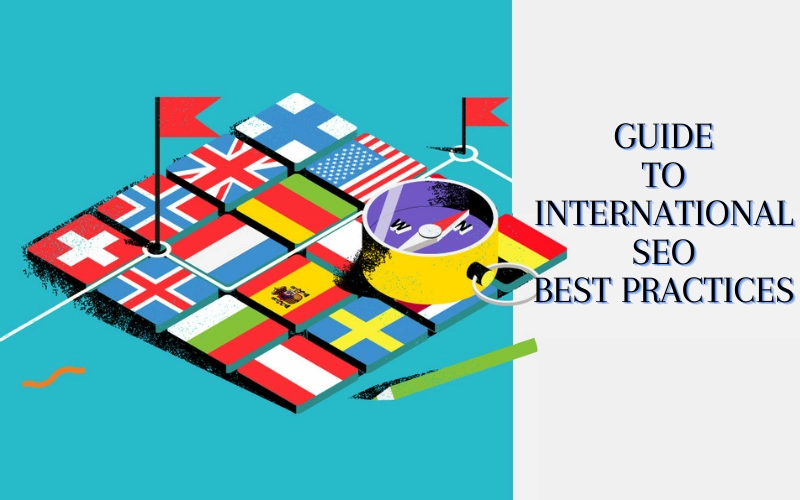Table of Contents
In the ever-expanding digital landscape, businesses are increasingly looking beyond borders to tap into global markets. Expanding internationally brings both opportunities and challenges, and one key strategy to thrive in this new terrain is International SEO. By employing effective SEO techniques tailored to diverse audiences, businesses can not only boost traffic but also increase profits on a global scale. To achieve success, it is imperative to understand target markets, their languages, and cultural nuances.
Know Your Audience
Understanding your target audience is the first step in any successful international SEO strategy. Each market has its unique preferences, behaviors, and search patterns. Conducting thorough market research to comprehend cultural differences and local user behavior is crucial. This insight will help in tailoring your content to resonate with the audience, making it more likely to appear in relevant search results.
The Power of Language
Language has a strong impact it can connect people or keep them apart. In international SEO, it is essential to communicate with your audience in their native language. This involves more than just translation; it’s about capturing the nuances and idioms that make the content relatable. Creating separate web pages for different languages ensures that your message is clear and culturally relevant.
Optimizing Site Speed Globally
In the digital realm, patience is in short supply. Users expect websites to load swiftly, regardless of their geographical location. To achieve this, businesses can leverage Content Delivery Networks (CDNs). CDNs distribute website content across servers worldwide, reducing latency and improving loading times globally. A speedy website not only improves user experience but also boosts its ranking on search engines.
Keywords: The Global Lexicon
Effective keyword research is the backbone of any successful SEO strategy, especially on the global stage. It involves identifying and targeting the words and phrases users are typing into search engines. However, one size does not fit all in international SEO. Conducting region-specific keyword research ensures that your content remains relevant in each market, driving organic traffic and increasing visibility.
Language-Specific Webpages
Maintaining separate webpages for different languages is a fundamental practice in international SEO. It goes beyond mere translation; each page should be culturally adapted to the target audience. This not only enhances the user experience but also signals to search engines that your content is tailored for a specific region, improving its chances of ranking higher in local search results.
Linking with Precision
Linking is an integral part of SEO, and in the international arena, it requires careful consideration. Aligning content with region-specific links helps search engines understand the geographical relevance of your content. This, in turn, boosts the likelihood of your pages appearing in local search results. Strategic linking not only enhances SEO but also improves the overall user experience by guiding users to relevant information seamlessly.
Implementing Hreflang Tags
Hreflang tags play a crucial role in international SEO strategies. They communicate to search engines the language and regional targeting of each webpage, helping them deliver the most relevant content to users. Correctly implementing Hreflang tags ensures that search engines understand the relationships between different language versions of your pages, preventing potential content duplication issues and improving the accuracy of search results.
Conclusion
In conclusion, international SEO is not a one-size-fits-all approach. To succeed in global markets, businesses must tailor their strategies to the unique characteristics of each target audience. By understanding the local languages, cultural nuances, and search behaviors, and by implementing key technical aspects such as CDNs, language-specific webpages, and Hreflang tags, businesses can optimize their global presence and pave the way for success in the international arena. With these best practices in place, businesses can navigate the complexities of the global playground and emerge as leaders in the international marketplace.

